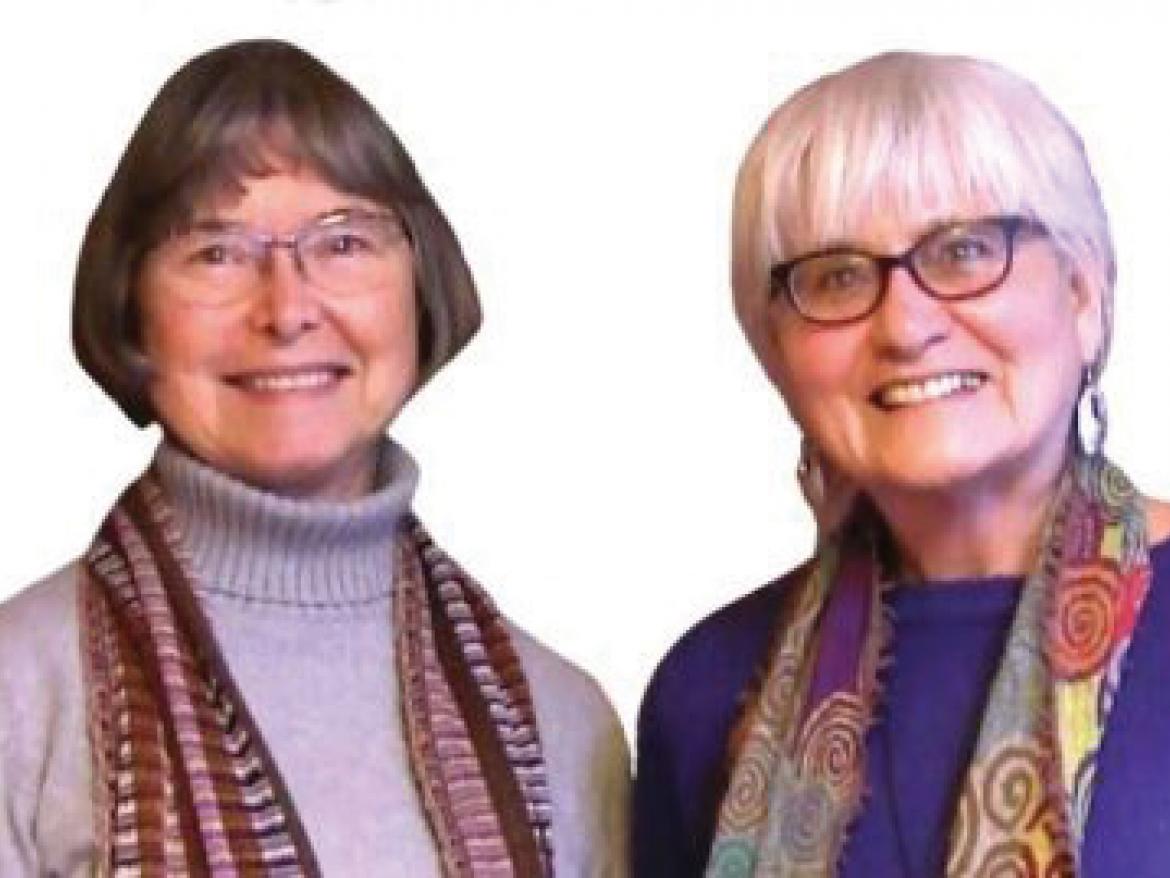The recent discovery of 215 graves at the Kamloops Indian Residential School, in Canada’s Tk’emlups te Secwepemc First Nations territory, has re-centered a widespread reckoning with past government cultural assimilation policies. Some Quakers are responding by reflecting, learning about Friends’ complicity in running Indian Boarding Schools, and starting to tell the truth about this history.
Following FCNL’s tradition of witnessing in solidarity with Native Americans, we are amplifying the efforts of Native advocates to formalize this truth-telling process in current legislation. It’s vital to ground these efforts in an honest history of the Religious Society of Friends’ oppression of Indigenous people in North America.
Such oppression, rooted in white supremacy, has led to systemic discrimination and inequity that permeates our society today.
Starting with the Indian Civilization Act of 1819, the United States government systematically enacted cultural assimilation laws targeting Native Americans. The implementation of these policies led to Christian churches working with the government to found hundreds of boarding schools for Indigenous children.
Quakers ran more than 30 Indian boarding schools. The students faced cruel practices of child labor, forced assimilation, and physical punishments. In an 1869 letter, Friend Edward Shaw from Richmond, Indiana, wrote that Quakers participated “to protect, to Civilize, and to Christianize our Red Brethren.”
Paula Palmer, who founded the Quaker ministry, Towards Right Relationships with Native People (see https://friendspeaceteams.org/trr/), wrote in Friends Journal that Quakers were some of the staunchest proponents of cultural genocide. They advocated fully removing children from their families, believing “the whole character of the Indian must be changed.”
Unlike some denominations, Quakers did not proselytize students. They refrained from proselytizing only because they believed Indigenous students could not appreciate Quakerism until they were fully assimilated.
As Quakers began to confront their complicity in this cultural genocide, they ask, “What does this history mean to us, as Friends, today?” Through action and education, Quakers are answering this question in different ways.
As co-directors of Towards Right Relationship with Native Peoples (TRR), Paula Palmer and Jerilyn DeCoteau (Turtle Mountain Chippewa) have led the reflection and reckoning work among Friends by asking this very question in workshops around the country.
Some Friends are visiting the sites of Indian Boarding Schools as a pilgrimage. One Friend wrote to me saying, “Our family is visiting sacred lands, Indian Reservations, and Boarding schools …. To be in accompaniment, share witness, meet or support … First Nations is our intention.”
Last August, New England Yearly Meeting sponsored a plenary discussion with Friend Shirley Hager and gkisedtanamoogk (Mashpee Wampanoag), a respected elder, who co-organized a series of gatherings in the 1980s and 1990s. These were organized to build trust and find healing between settlers and Indigenous peoples.
On traditional Wukchumni land in California, Pacific Yearly Meeting Quakers and Wukchumni people hold an annual intergenerational spring service-learning camp. They hope that these camps will help heal relationships between Quakers and Wukchumni.
While these faithful efforts are important, Native advocates and FCNL know federal legislation is also needed to support a comprehensive investigation into the devastation these institutions—and Friends—inflicted and continue to inflict on Native peoples.
In early October, three members of Congress introduced the bipartisan Truth and Healing Commission on Indian Boarding School Policies in the United States Act.
In early October, three members of Congress—Sen. Elizabeth Warren (MA), Reps. Sharice Davids (KS-03) and Tom Cole (OK-04)—introduced the bipartisan Truth and Healing Commission on Indian Boarding School Policies in the United States Act.
This bill would establish the first formal commission in U.S. history to investigate and document the attempted termination of cultures and languages of Indigenous peoples; assimilation practices; and human rights violations that occurred against American Indians, Alaska Natives, and Native Hawaiians through Indian Boarding School policies.
This would complement the Federal Indian Boarding School Initiative recently created by Interior Secretary Haaland. It “will address the inter-generational impact of Indian boarding schools to shed light on the unspoken traumas of the past, no matter how hard it will be.”
FCNL and Indigenous partners like the National Congress of American Indians and the National Native American Boarding School Healing Coalition have advocated for these efforts.
“For far too long, the truth of cultural genocide led by European-Americans at Indian boarding schools has remained hidden in secrecy and ignored,” said FCNL General Secretary Diana Randall. “Christian churches, including Quakers, carry this burden of transgression against Indigenous people.”


